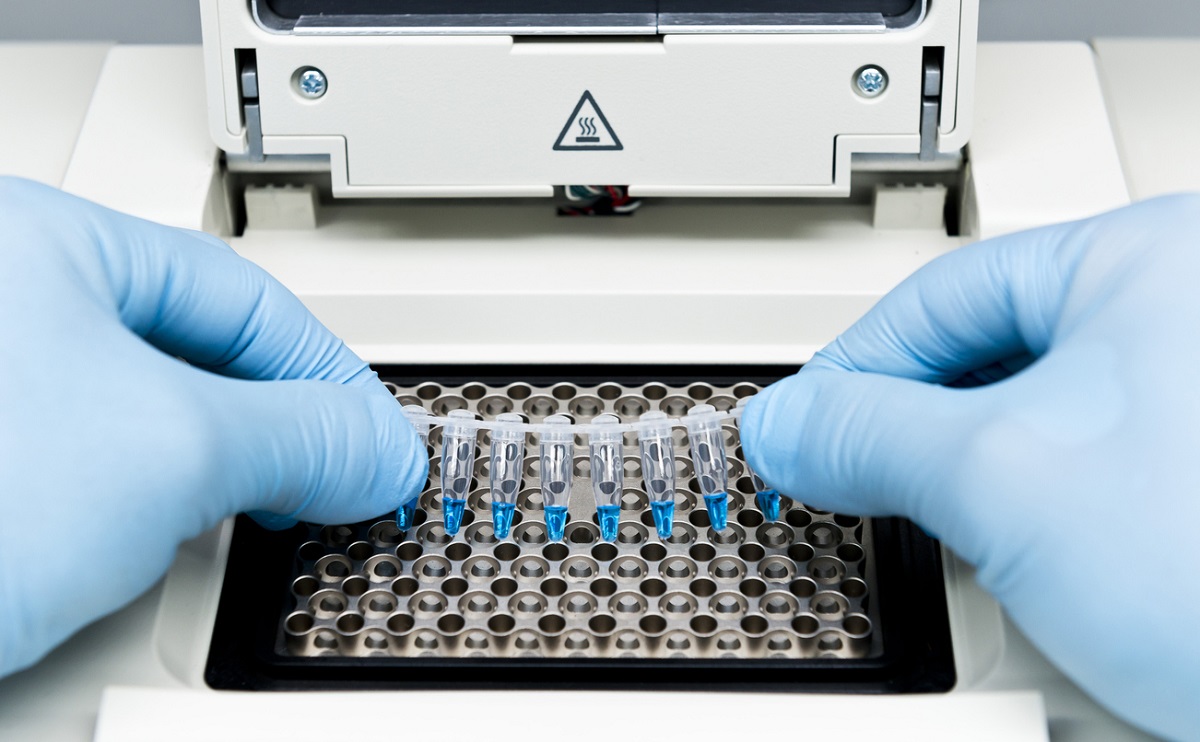
Scientists Publish qPCR Method for Commercial Gene-Edited Canola
September 9, 2020| |
A team of scientists from the United States and New Zealand published a paper to unveil a quantitative polymerase chain reaction (qPCR) method they developed specifically for the first commercialized genome-edited crop: a herbicide tolerant canola.
The qPCR method is highly sensitive and compatible with practices done in laboratories that handle genetically modified organisms (GMOs). It was also designed to be integrated into analytical workflows such as the matrix approach. Moreover, the method meets all legal requirements for GMO analytical methods as per the European Union and ISO 17025 standards.
According to the scientists who developed the method, their findings suggest that the qPCR-based method may be applicable to virtually any genome-edited organism. This new method may contribute to the feasibility of extending the regulatory approach currently used for recombinant DNA-based GMOs to genome-edited organisms, which is important in addressing the regulatory enforcement and traceability of genetically edited crops in terms of biosafety, environmental impacts, and socio-economic impacts.
The full methodology can be read in Foods.
| |
You might also like:
- Research Suggests Identifying a Common Ground for Sustainable Agriculture in Europe
- Fundamental Discovery Key to Creating Better Crops
- Effect of Drought Stress on Photosynthate Allocation and Remobilization in Common Bean Pods
Biotech Updates is a weekly newsletter of ISAAA, a not-for-profit organization. It is distributed for free to over 22,000 subscribers worldwide to inform them about the key developments in biosciences, especially in biotechnology. Your support will help us in our mission to feed the world with knowledge. You can help by donating as little as $10.
-
See more articles:
-
News from Around the World
- 3rd Asian Short Course on Agri-biotech, Biosafety Regulation, and Communication
- ISAAA Kicks Off Discourses on Regulatory Approaches for Animal Biotech
- Kenyan Scientists Embark on Synthetic Biology Research
- US EPA Proposes to Ease Up Regulations on Certain Biotech PIPs
- Australian OGTR Receives License Application for Field Trial of GM White Clover
- Plant Protein Discovery to Help Plants Tolerate Climate Change and Reduce Need for Fertilizers
-
Research Highlights
- International Research Team Discovers How Plants Shut the Door on Infection
- Meta-analysis Investigates Effect of Bt Crops on Soil Invertebrates
-
Plant
- Scientists Publish qPCR Method for Commercial Gene-Edited Canola
- New Bicistronic TALENs Enhance Genome Editing
- Study Shows OsCRS2 Vital for Chloroplast Development in Rice
-
Health
- Most Comprehensive Map of SARS-CoV-2 Genomic Structures Now Published
- Nigerian Scientists Identify Seven Lineages of SARS-CoV-2
-
Read the latest: - Biotech Updates (January 28, 2026)
- Gene Editing Supplement (January 28, 2026)
- Gene Drive Supplement (February 22, 2023)
-
Subscribe to BU: - Share
- Tweet

